Cuphead Studio Director Says Employees’ Mental Health More Important Than DLC Development Speed: “If It Takes Longer For The Game To Come Out, Who Cares?”
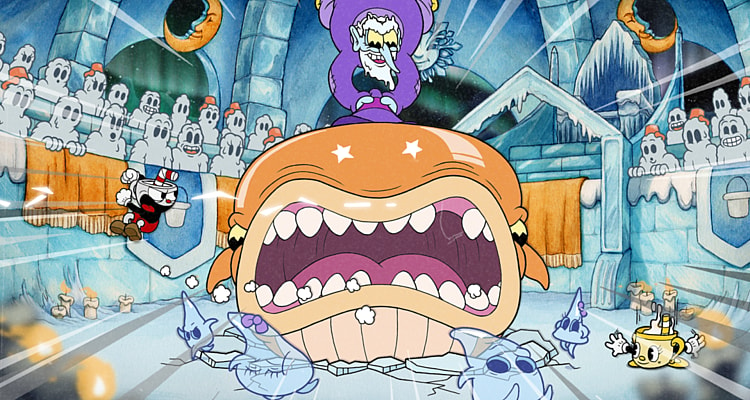
Studio MDHR director Maja Moldenhauer, whose team is best known for developing the 2D sidescroller Cuphead, has stood behind her decision to prioritize her employees’ mental health over the development speed of the game’s long-awaited DLC expansion.
Ever since its announcement in 2018, fans have been eagerly awaiting the release of the Delicious Last Course DLC for Cuphead, which along with introducing the ability to play as Miss Chalice, tasks players with fighting a brand new set of bosses in order to gather ingredients for Chef Saltbaker’s famous cookies.
Originally setting its debut for 2019, the DLC was delayed to 2020 before ultimately being pushed back once more to June 30th of this year.
Speaking to the expansion’s protracted development cycle in a recent interview with IGN, Moldenhauer explained that, like the base game before it, the DLC had an estimated 18 developers working on it and, at the peak of the process, had six animators producing its hand-drawn sprites.
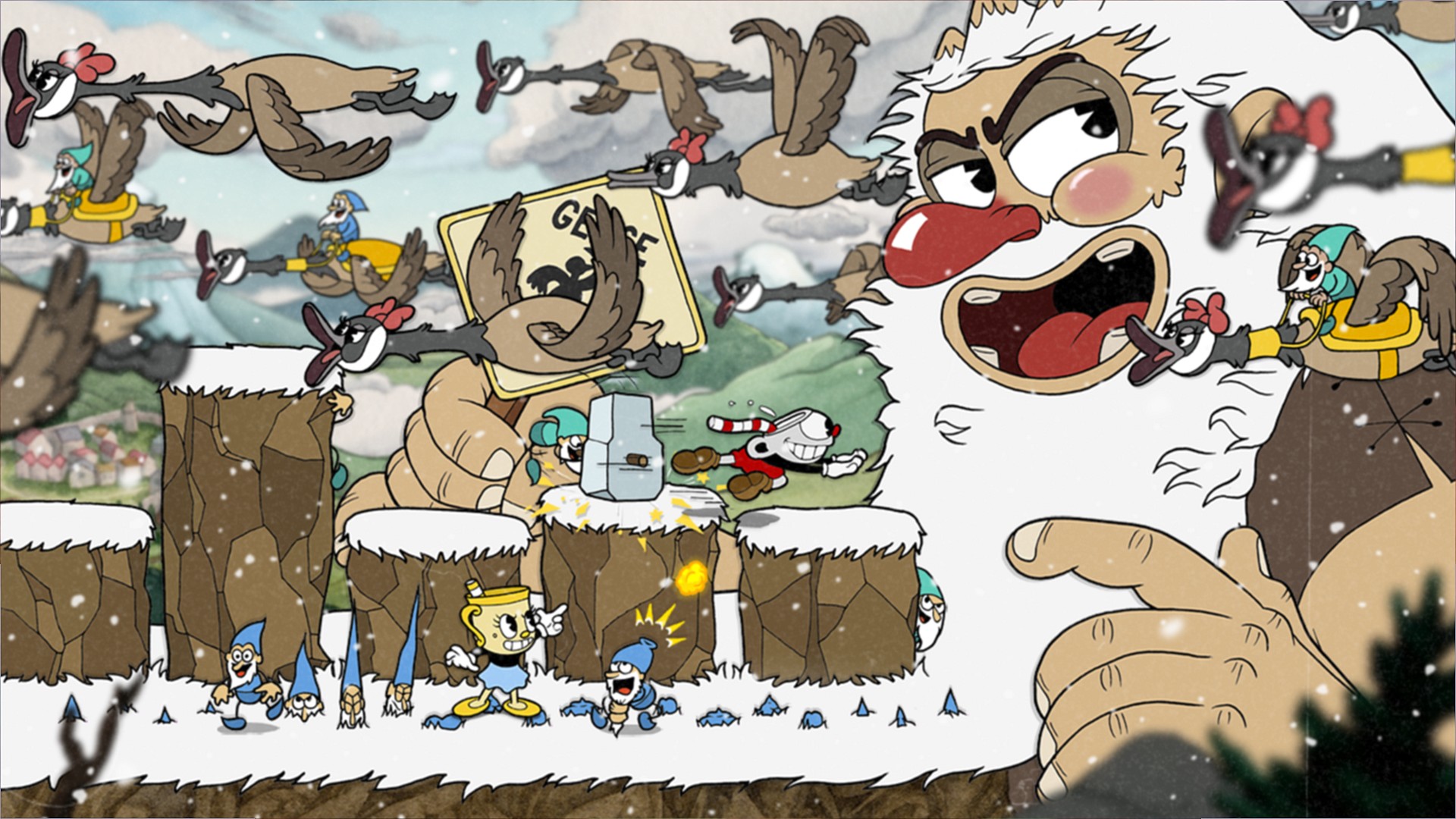
Admitting that she wanted to take care of her team, no matter how small, Moldenhauer asserted, “It’s hard to find people. The number one thing, especially through COVID was keeping everybody happy.”
“This is video games,” she continued. “Take your time. Mental health needed to be at the forefront, taking the space and time that you needed, especially over the last two years. We’re like, ‘If it takes longer for the game to come out, it takes longer. Who cares?'”
Moldenhauer explained that this attitude, shared by studio leads Chad and Jared Moldenhauer – the former her husband – stemmed from their previous experiences working in more restrictive industries.
According to Linkedin, Maja previously worked as a manager at TD Bank, while Chad’s profile only lists work on Studio MDHR and Jared has no presence whatsoever.
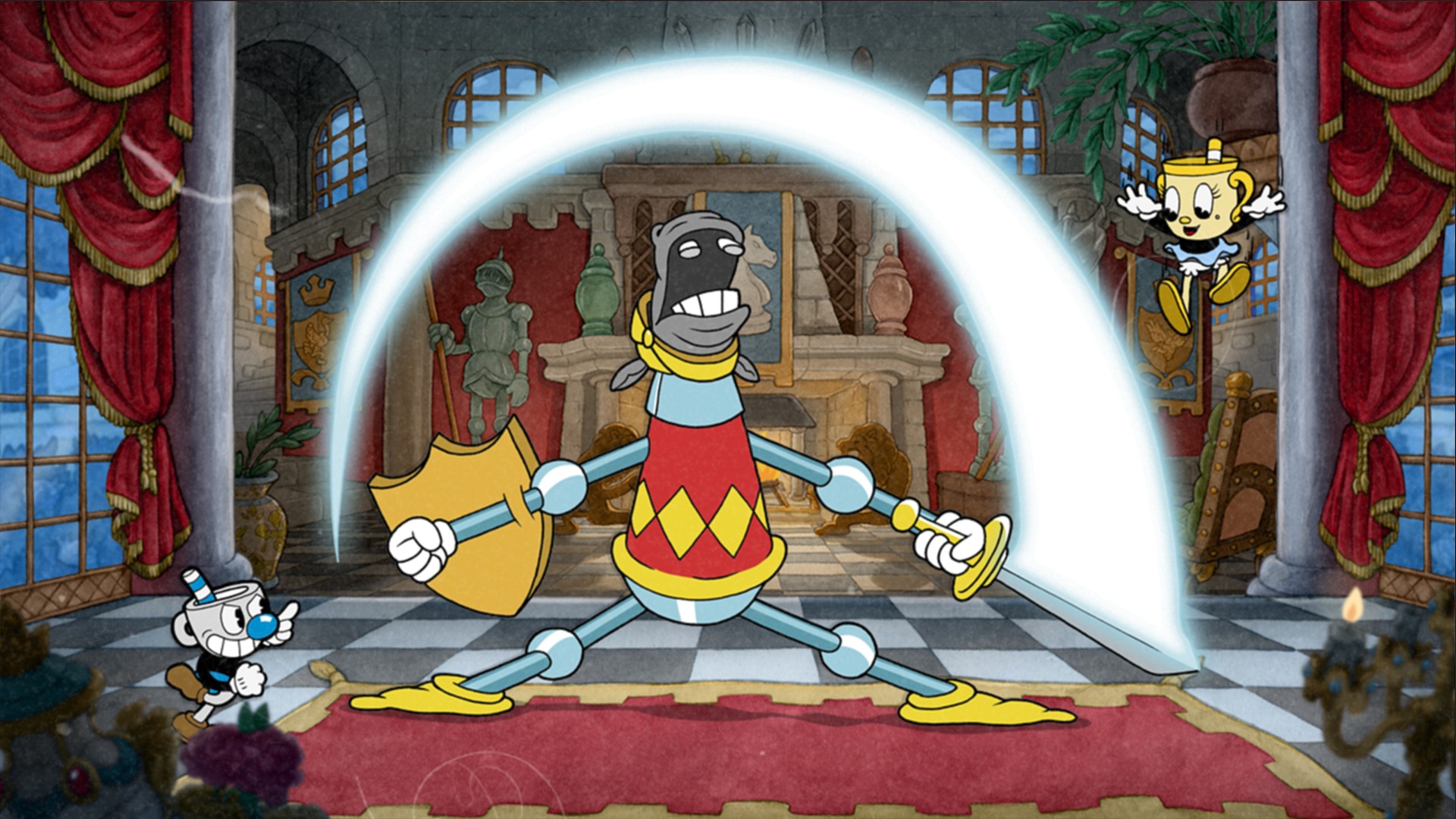
RELATED: Founders Of Ori And The Blind Forest Developer Moon Studios Accused Of Fostering Abusive Workplace
“If we’re going to risk it all, it’s going to be a company that we’re proud of,” Moldenhauer declared. “It’s going to be a company that is all the things, an amalgamation of all the things we’ve always ever wanted. Respect for each other, love and support. Things that we didn’t receive in our past jobs. Well, we did, but at the end of the day there was a bottom line.”
Affirming that their pride in the game’s final results far outweighs any worry about profit, she added, “Seeing it all come together in the last few months, working on the little enemies or this and that, you can’t picture it.”
“Seeing it come to life, taking shape and form and it’s beautiful. It’s exactly what we wanted,” she concluded. “[It’s] art for art’s sake in that you can’t explain that to people who are driven by numbers or things like that. You really can’t.”
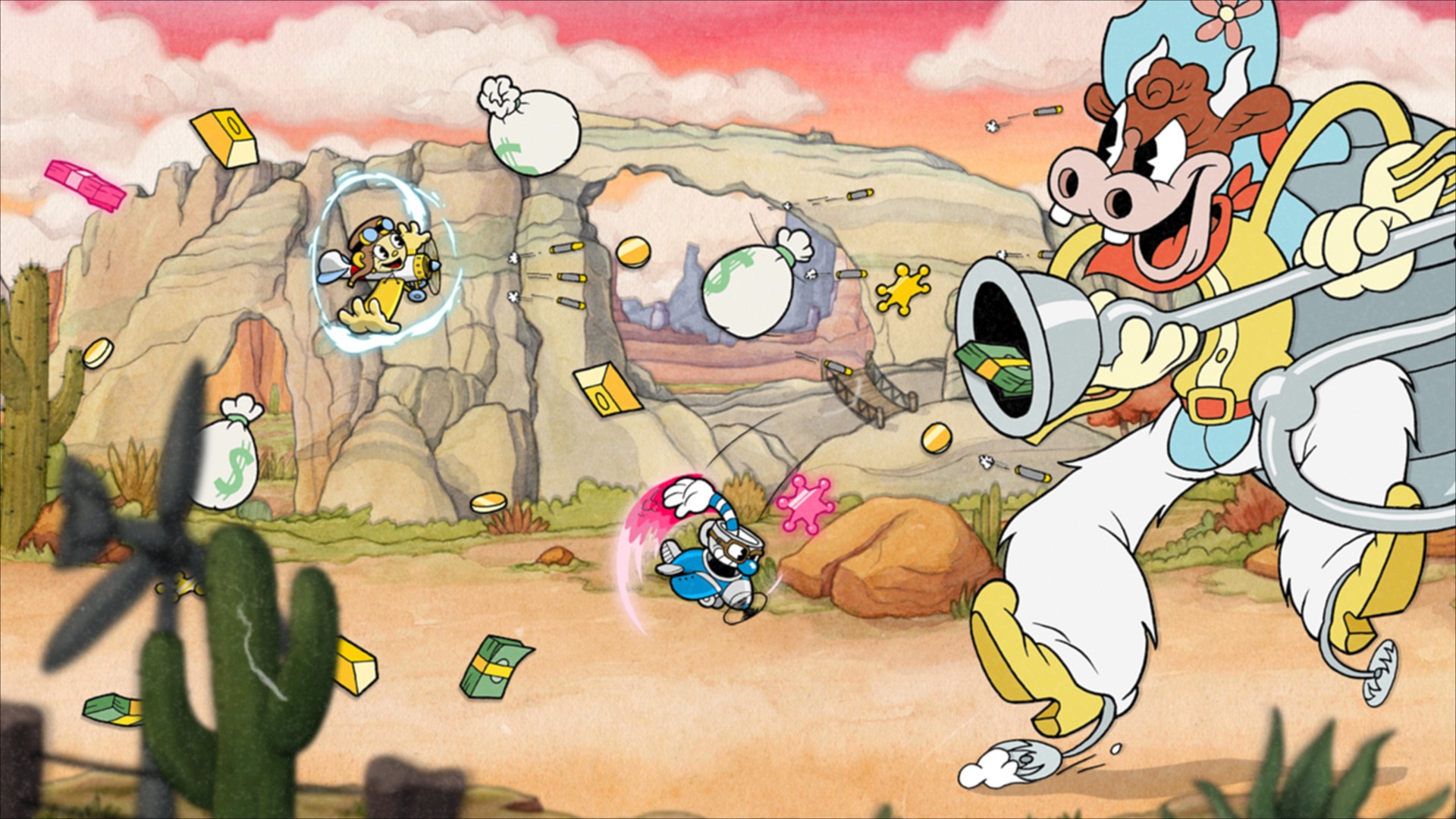
While IGN ran the article with the headline “Cuphead Studio Director on Delays And Long Development: ‘Who Cares?’,” on they explained the cut and thrust of Moldenhauer’s point. “Cuphead’s studio director explained to IGN why taking care of the team’s mental health was so important, even if it added years to Cuphead’s development.”
On Twitter, many replied to IGN’s sharing of the article with praise for Studio MDHR’s focus on mental health.
“I agree!” @hurricanerules3 tweeted before bleakly admitting, “If only publishers cared more for the developers in this way, but that will never happen.”
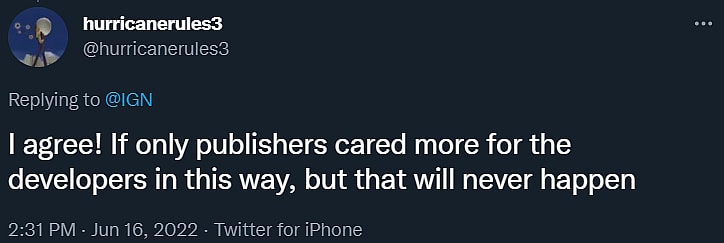
RELATED: Nine Women File Lawsuit Accusing PlayStation Of Sexual Harassment And Discrimination
@ChutBugger implored, “Why did this HAVE to be explained? When did people stop being human?”
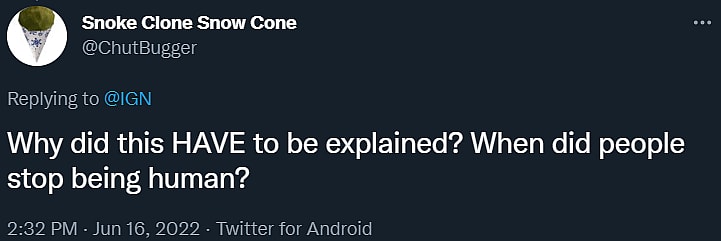
“I think it’s extremely noble and it’s silly that we have to state when human decency should say this is the norm,” upheld @ADogThatTypes. “I’m hoping it doesn’t suffer on sales since it’s dlc instead of a brand new game so not as marketable.”
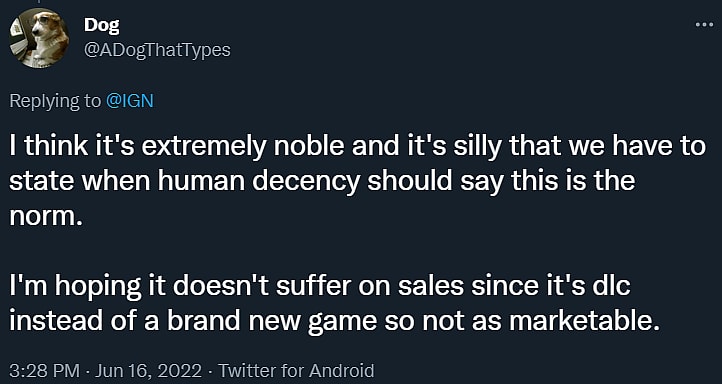
“This is what financial independence looks like,” wrote user ducets4donuts under IGN’s actual article. “The original Cuphead made some $20 million in sales, plus there’s merch and the Netflix deal. Once you’re settled financially you can breathe and not have to worry about the next paycheck.”

Notably, though perhaps not entirely abnormal for an indie developer, Cuphead itself had a long development cycle. It was first unveiled with a prototype in 2010, received a teaser in 2013 followed by a trailer at the 2014 installment of E3, and then suffered multiple delays until it finally launched in 2017.
As a result of those seven years of work, Cuphead has pulled in 6 million sales as of 2020, numerous awards, and has the second half of its Netflix cartoon series set to premiere August this year. As such, Moldenhauer’s comments on prioritizing mental health over a rapid development cycle seem to be entirely justified.

What do you think of Moldenhauer’s prioritization of employee’s wellbeing over development time? Let us know your thoughts on social media and in the comments below.
NEXT: New Witcher Game Director Vows No Crunch Time Or Poor Staff Treatment: “Never on My Watch!”
